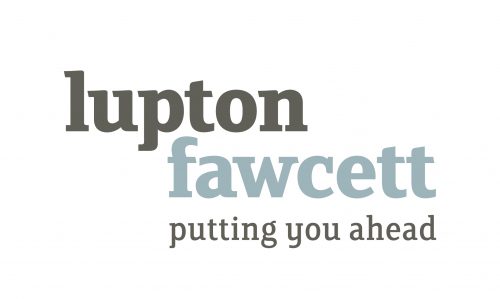Beware not just of the Christmas party but also its aftermath!

By Brian Harrington, director in Lupton Fawcett’s employment law department.

Brian Harrington
In the season of Christmas cheer and goodwill to all men, employers should be wary of that other old adage “vicarious liability.”
This is an old common law principle of strict no fault liability for wrongs committed by another person, which in the employment arena can leave the employer responsible for the actions of its employee, even where the employer itself has done nothing wrong.
In Bellman v Northampton Recruitment Limited, the MD of the company, John Major, assaulted a sales manager. They were childhood friends but this did not stop Mr Major from punching Mr Bellman twice in the early hours of the morning in a hotel bar, where they had gone to carry on drinking after the works Christmas party. One of the key questions for the court was whether the conduct of Mr Major was “sufficiently connected to his employment” such as to make his employer responsible for his actions.
This was not a pre-planned event, although the general understanding was that Mr Major or the company would pick up the drinks bill. At some point in the evening the conversation turned to work, and Mr Bellman raised the issue of a new employee who was being paid significantly more than everyone else.
This resulted in Mr Major punching Mr Bellman, who banged his head and suffered a serious brain injury. The decision was taken to sue the company, and in effect its insurers, rather than Mr Major personally. It followed that if Mr Major was acting “in the course of his employment” when he struck the blow, the company would be liable.
On this occasion, the Court decided that the Company could have been liable if the blow had been struck during the Christmas party itself. However, as the assault occurred at a different venue (i.e. a hotel bar after the work’s party had officially ended), Mr Major and his victim were participating in a “private drinking session”. On this basis, the company was not held liable for Mr Major’s conduct. The Court said that the mere fact that the drinkers were work colleagues and were talking about work at the time did not create enough of a connection to Mr Major’s employment to render the company liable for his acts.
However, in an earlier Supreme Court decision (Mohamud v Morrisons Supermarket), Morrisons were held liable when one of their employees hit someone in the course of his employment. The Court reached this conclusion in spite of the fact that his conduct was deemed to be a gross abuse of his position, and that his manager had told him to stop.
So whether or not you are dreaming of a white Christmas, this area of law remains very much in the “grey.” Whilst the Bellman case may appear to give employers some comfort when planning their Christmas party, it is clear is that the line between what the courts will consider to be “in the course of employment” and what is not is extremely fine.
Employers cannot afford to be complacent at this festive time. Each case will inevitably depend on its own facts, and it is important to err on the side of caution. Where you cannot retain 100% control of your staff then at the very least make it abundantly clear when the works Christmas party ends and the private party begins!
For further help or advice, please contact Lupton Fawcett’s Brian Harrington, director in employment law, on 01904 561433 or brian.harrington@luptonfawctt.law








